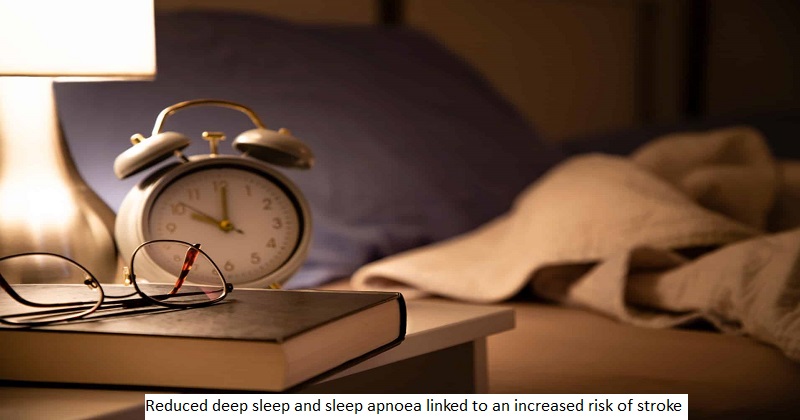
According to new research, sleep apnoea and diminished deep sleep are connected to the formation of brain biomarkers associated with an increased risk of stroke, Alzheimer’s disease, and cognitive decline. While the study does not prove a causal link between sleep disorders and brain alterations, it does highlight an important link. The research was published in the journal Neurology. The research focused on sleep characteristics and biomarkers that assess the health of the brain’s white matter, which connects different brain regions. According to Diego Z. Carvalho, an American Academy of Neurology member and study author from the Mayo Clinic in Rochester, Minnesota, these indicators are symptomatic of early cerebrovascular illness. The researchers discovered that severe sleep apnoea and a decrease in slow-wave sleep were linked to these biomarkers. Given the lack of therapy options for such brain alterations, Carvalho emphasised the significance of these discoveries. He emphasised the importance of preventing or slowing their growth.
In summary, the study found a link between sleep apnoea, decreased deep sleep, and the development of brain biomarkers linked to stroke, Alzheimer’s disease, and cognitive decline. While the cause of the association has yet to be determined, the findings highlight the necessity of managing sleep disorders and their possible impact on brain health. More study is needed to investigate the relationship between sleep difficulties and brain biomarkers, as well as to evaluate potential therapies to prevent or ameliorate these alterations.

Post Your Comments